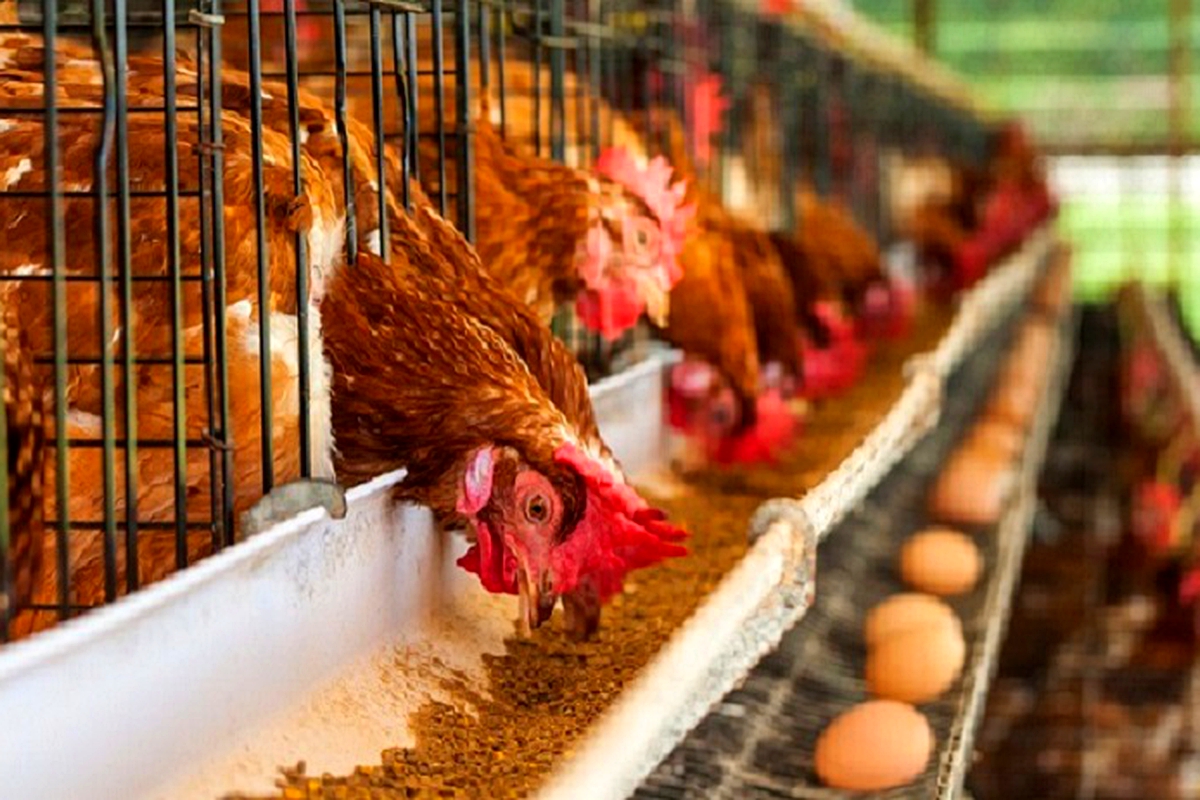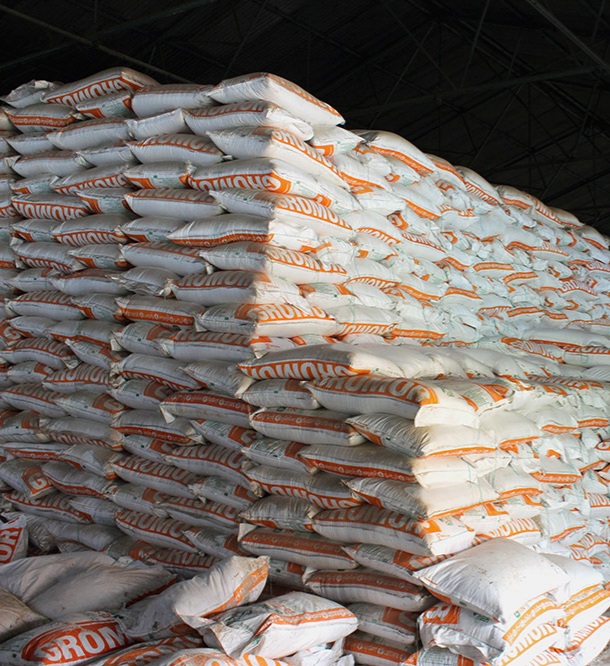Kabelo Masoabi
The government implemented a ban on egg imports on January 1, 2025, in an effort to boost local production and ensure food security.
So far, the country has successfully met its egg demands, but concerns are growing about whether local producers can sustain this level of production, especially given the challenges they face.
The Ministry of Agriculture, Food Security, and Nutrition, through its Department of Marketing, has assured the public that there is enough local supply to meet current needs.
However, prior to the ban, Lesotho heavily relied on egg imports from South Africa, with importers allowed to source only 30 percent of their supply from abroad, while domestic producers were expected to cover the remaining 70 percent.
Makwane Lekau, from the Department of Marketing, recently confirmed that local egg production has been sufficient for now but warned that challenges remain.
“Market indications suggest that Basotho farmers are producing eggs on a large scale; however, the issue lies in identifying these farms, as many remain unregistered,” Lekau explained during a recent workshop in Thaba Blosiu for lay farmers.
The workshop was organised by the Smallholder Agriculture Development Project (II),
Without accurate data on the number of active layer farmers, she explained that it had been difficult to measure production levels and ensure a consistent supply.
Local producers have been encouraged to augment their production capabilities to secure continued participation in the domestic market. Concerns persist regarding the nation’s ability to maintain self-sufficiency in egg production. Specifically, a minimum of 700,000 trays of eggs per month is required for the country to be considered self-sufficient.
The critical question remains: Are local producers sufficiently equipped and competent to sustain this level of production over the long term?
Lekau expressed a cautious outlook on the situation, emphasising a major obstacle: the lack of a comprehensive database detailing the number of active layer farmers in the country. In the absence of this essential data, accurately assessing the actual volume of eggs produced within any given timeframe becomes increasingly difficult.
To gauge the quantity of eggs available in the market, the department currently relies on data collected from businesses that procure eggs from local farmers. Lekau noted: “Market indications suggest that Basotho farmers are producing eggs on a large scale; however, the challenge remains in identifying these farms, as many are not officially registered in our systems.
She continued: “This complicates our ability to source eggs precisely when needed. At present, we do not possess the assurance required to reliably maintain the ban on egg imports.”
In this context, Lekau emphasised the urgent need to establish a national database of layer farmers. She announced that by the end of February this year, the department will launch a farmer registry program requiring annual renewals.
Producers will be required to register their agribusinesses at their respective District Agriculture Offices.
Accessing the market at the appropriate time presents additional challenges for layer producers such as Mpati Matete. The farmer from Sehlabeng sa Thuathe in the Berea district expressed frustration over the substantial amount of eggs available for sale, yet lacking viable market opportunities.
Matete lamented: “Some of my eggs have begun to spoil due to extended storage and excessive heat,” highlighting the critical situation many producers face.
In response to these challenges, Lekau underscored the importance of establishing egg collection centers nationwide, a project aimed at significantly enhancing the structure of the poultry sector. At these centers, she explained, producers will be able to sell their eggs to the department, which will then categorize them by grade and facilitate resale to buyers, streamlining the distribution process.
“This initiative, led by the government, is currently in progress,” she affirmed.
Furthermore, Lekau pointed out another potential challenge to sustaining the import ban during school opening periods when thousands of children require eggs for the school feeding program. Typically, increased demand during this time has been supplemented by imports from South Africa.
The World Food Programme (WFP) and the government of Lesotho provide school meals consisting of maize meal, pulses, vegetables, and cooking oil. The meals, which include grains, cereals, leafy green vegetables, and eggs sourced from local farmers, are provided for lunch.
Additionally, the WFP provides technical assistance to enhance food production and quality.
Lekau noted that production irregularities among local farmers present a significant concern in the agricultural sector. She pointed out that when the window for egg importation opened in May of last year, no imports occurred during that month. However, June saw the importation of 700,000 eggs, followed by one million in July, and a total of up to six million eggs imported from August to December.
“Again, only a limited number of local producers are equipped to fulfill large orders from major retailers. For example, Pick n Pay Lesotho has been sourcing expensive organic eggs from South Africa due to high demand. This situation presents a unique opportunity for Basotho farmers to also focus on the production and supply of organic eggs within the country,” she elaborated.
Moreover, it became clear during the workshop that that local producers were not yet approaching complete self-sufficiency in egg provision.
Participants identified several operational challenges that hinder productive output.
Issues cited included a lack of an organised industry structure, informal contractual agreements, high feed costs, expensive medications, insufficient knowledge of vaccination protocols, inadequate diagnostic laboratories for disease testing, limited research in pre-production stages, and ineffective technical support from extension officers.
To address these challenges, further comprehensive planning and support are needed, according to SADPII Matching Grants Specialist Relebohile Khathibe.
Summary
- The government implemented a ban on egg imports on January 1, 2025, in an effort to boost local production and ensure food security.
- To gauge the quantity of eggs available in the market, the department currently relies on data collected from businesses that procure eggs from local farmers.
- In response to these challenges, Lekau underscored the importance of establishing egg collection centers nationwide, a project aimed at significantly enhancing the structure of the poultry sector.

Development Journalist specialising in the reporting of social, economic, and environmental issues. He analyses the impact of policies and programs on communities, along with other factors that influence community well-being. In addition to his journalism endeavors, he is an accomplished photojournalist, capturing compelling images that complement his narratives. Masoabi is also an audio storytelling podcaster, having earned certification from the Knight Centre for Journalism, affiliated with the University of Texas, United States.









